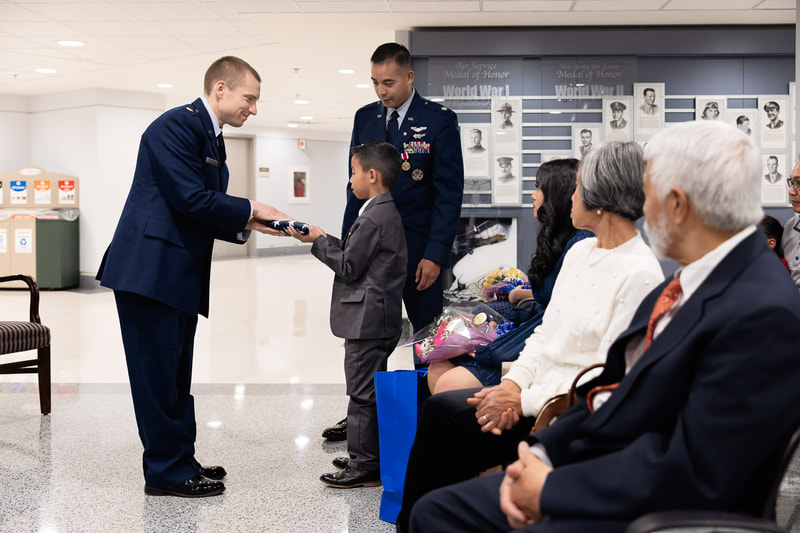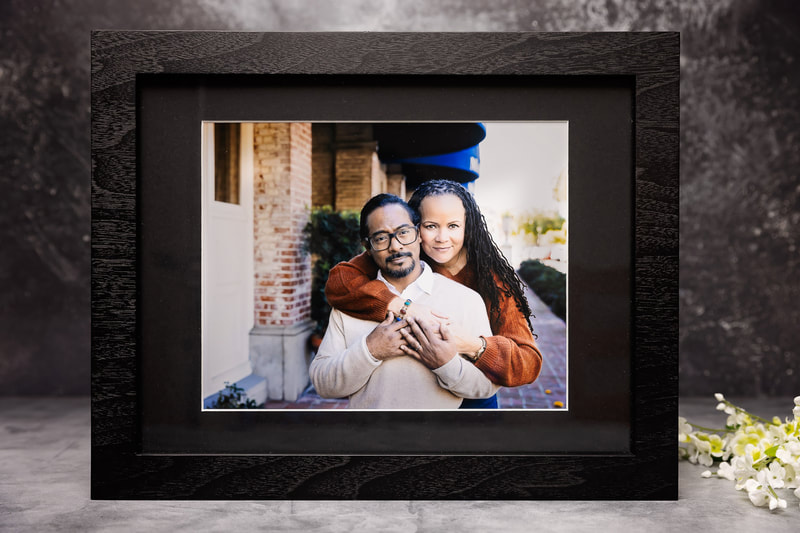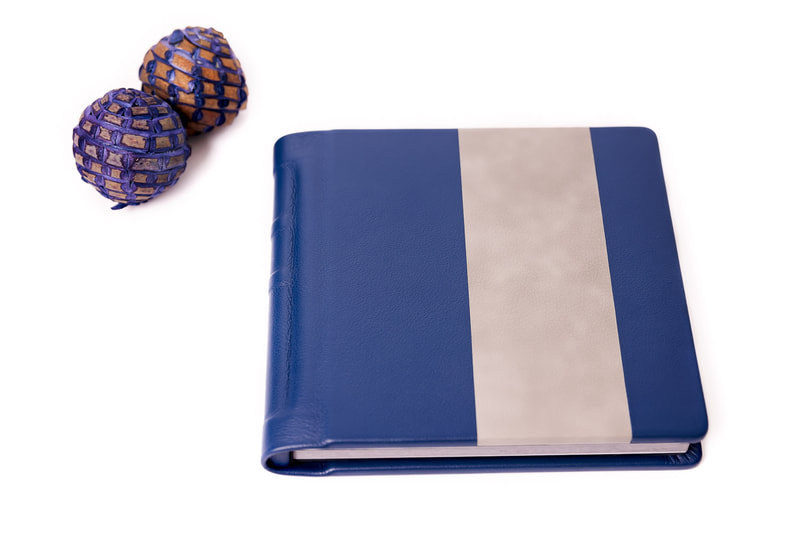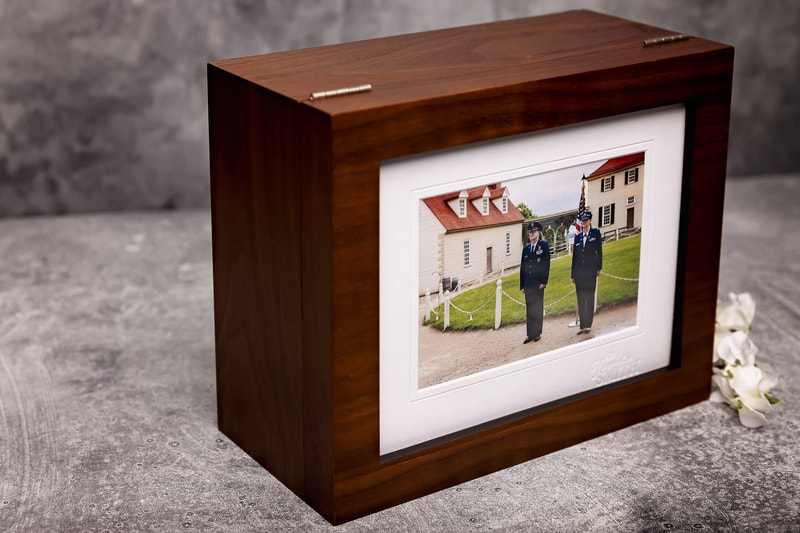|
Spring time is on the horizon and that means many parents are looking and hoping to have their child(ren) photographed with the animals that are synonymous with spring…baby chicks and bunnies. Or the number one question asked in many Northern Virginia Mom groups is “will you have real live bunnies at your spring mini sessions?” When the answer is “no” many are upset and then there’s a big exasperation. I just saw one a few hours ago and the post was quickly deleted.
After conducting several portrait sessions over a few decades with live bunnies and rabbits, a photographer in Georgia experienced a barrage of complaints and even death threats because of the way the children handled baby chicks and bunnies during their sessions. This is what brings me to this blog post. I would like to detail the top 8 reasons why I don’t offer portrait sessions with bunnies, chicks, and other fury “spring” animals.
1. The law requires photographers to obtain a license from the USDA. Each state is different when it comes to licensing and inspection requirements. See compliance under Licensing and Registration Under the Animal Welfare Act.
2. Feces! Animals leave droppings everywhere...did I mention everywhere. On your children (our little clients), on their new spring dress or suit and on the backdrop and other props. Disgusting! 3. PETA actively seek out these actions throughout the year, especially on social media platforms such as Facebook and Instagram. They have effectively lobbied the largest photography studios to stop the use of live animals. PETA is on the lookout for photographers who post dubious images of upcoming sessions and will call and make connection with the studio to check and verify licensing and file complaints against the photographer. The USDA has made is simple and easy for anyone (especially PETA) to call to determine if a photographer/studio has obtained the necessary license. 4. Rabbits are small delicate animals whose spines can easily be broken just from being held improperly and their legs and ears can be broken or severely damaged without much effort at all. Although fowl (chicks, ducks, geese, etc.) are not regulated, keep in mind the legs and wings of chicks can easily be pulled off and broken by a child who does not know how careful to be. Some rabbits become so stressed they will die of heart failure right on the spot. Having an animal injured or dying during the session does not produce the best childhood expressions to capture. 5. Little animals often panic when handled by little children (unusual environment); a frightened rabbit or chick can bite and scratch, causing lacerations, deep scratches and puncture wounds to your children. Any of these can lead to infections, skin rashes and other diseases. 6. Salmonella is a disease often carried by Bunnies and chicks and can extremely harmful and detrimental to small children. 7. Rabbit fever can also be transmitted which is extremely dangerous and better known as Tularemia. 8. Animals are often brutalized by pulling, choking, squishing, yanking and being accidently sat on. This is obviously no fun for the little animal. This is one of the reasons many viewers of the Georgia photographer’s pictures were outraged and disgusted.
As a member of the Professional Photographer Association (PPA), the industry widely does not accept the use of animals and is considered rather non-professional as a photographer. (Please note many photographers are licensed and appropriately use and photograph with animals. I am referencing and discussing photographers that are unlicensed and use animals inappropriately.) There may be a few family photographers in the Northern Virginia area that offer spring portrait sessions with live animals and you may even see some being photographed in a local park. When you’re inquiring about these types of sessions, ensure you ask for proof of license and for your health and the health of your children, ask if they have an animal handler. If you see animals being mistreated or see animal abuse, please report it to your local authorities, the local humane society, or PETA. The USDA can be contacted by telephone at (844) 820-2234 or complaints can be filed online at https://www.aphis.usda.gov/aphis/ourfocus/animalwelfare/complaint-form.
The USDA also provides a list of active License holders for animals. To view the list visit: https://www.aphis.usda.gov/animal_welfare/downloads/List-of-Active-Licensees-and-Registrants.pdf. Please note, as of March 1, 2018, there were no photographers in Northern Virginia licensed. The information below is from the USDA publication on animal welfare on page 15. Promotional Exhibits—Anyone who uses regulated animals to promote
If you’re a photographer or parent looking for a photographer, please be careful. In the excitement and happiness of getting a cute photo of your child, something could go wrong. A part of the permitting and licensing process includes an inspection by the federal government’s USDA offices. This is mandatory, even if your state does not require a license or permit. The inspectors may also be required to be present during the photo session. If any animal is hurt, injured or killed, the fines are serious, and they can ban the photographer from actively doing business permanently.
Also, as a photographer, I’m sure many wouldn’t want to experience the heartache and suffer business loss. In addition to being a parent, I wouldn't want my child hurt, have feces on either of them, or have them experience the ramifications of Salmonella or Tularemia. If you're a parent looking for that cute adorable picture, professional photographers have a way of creating an unique experience your children will love and create pictures of you will adore.
0 Comments
Leave a Reply. |
MEET THE PHOTOGRAPHERTamieka
�
Categories
All
Archives
January 2024
|
|
A Family Portrait is Forever ™
Vertical Divider
|
QUICK LINKSVertical Divider
|
LET'S CONNECTEmail - [email protected]
Telephone - (571) 250-5073
|
Tamieka Smith is an award-winning photographer specializing in family pictures, headshots, and National Archives portraits based in Northern Virginia (Woodbridge). Serving Washington D.C., Northern Virginia (DMV), Woodbridge, Fairfax, Chantilly, Arlington, Manassas, Prince William County, Fairfax County, Loudon County & surrounding areas.
Available for world-wide travel.
Due to the nature of custom photography, all sales are final.
All sales are subject to tax and are required by state and federal law. Prices subject to change without notice.
Due to the nature of custom photography, all sales are final.
All sales are subject to tax and are required by state and federal law. Prices subject to change without notice.








